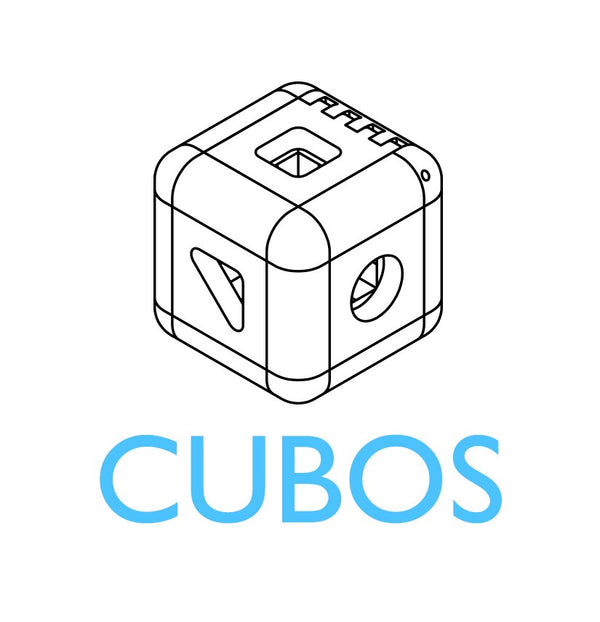Emotional intelligence and strong social skills are crucial aspects of a child's development. Montessori toys are intentionally chosen to support the growth of these vital life skills. Here's how these toys contribute to nurturing emotional intelligence and social proficiency:
- Emotion Recognition: Some Montessori toys incorporate facial expressions or figures representing various emotions. By interacting with these toys, children learn to recognize and understand different feelings, both in themselves and in others.
- Empathy Building: Montessori toys often involve cooperative play and group activities. This provides opportunities for children to practice empathy, as they consider the feelings and perspectives of their playmates.
- Conflict Resolution Skills: Through play with Montessori toys, children encounter situations that may lead to conflicts or disagreements. These experiences offer valuable opportunities to practice effective communication, negotiation, and conflict resolution.
- Self-Regulation and Coping Skills: Montessori toys that involve activities like breathing exercises or mindfulness practices help children develop self-regulation and coping mechanisms for managing their emotions.
- Building Positive Relationships: Montessori toys that encourage collaborative play help children form positive relationships with their peers. These interactions teach important social skills such as sharing, taking turns, and working together towards a common goal.
- Emotional Expression through Art: Some Montessori toys focus on artistic expression, allowing children to convey their emotions through creative outlets like drawing, painting, or sculpting.
- Language Development for Communication: Montessori toys promote language skills, which are essential for effective communication. Through play, children learn to express their feelings, needs, and thoughts in a clear and respectful manner.
- Mindfulness and Reflection: Montessori toys that involve activities like meditation or reflection provide children with tools to become more self-aware and in tune with their emotions.
- Respect for Differences and Diversity: Montessori education emphasizes respect for all individuals, regardless of their background or abilities. Montessori toys often incorporate elements from different cultures, fostering an appreciation for diversity and inclusivity.
- Encouragement of Emotional Expression: Montessori environments encourage children to express their emotions in a healthy and constructive manner. This open and supportive atmosphere helps children feel comfortable discussing and processing their feelings.
By incorporating Montessori toys that focus on emotional intelligence and social skills, you're providing children with a strong foundation for healthy relationships and effective communication. These toys create an environment where children learn to navigate their emotions and interact with others in a positive and empathetic way.

